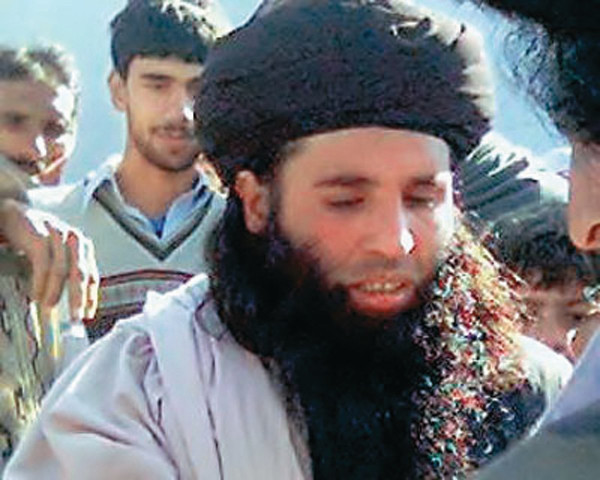Getting hold of Fazlullah
Unless the Pakistan and the US governments can work out a quid pro quo, Fazlullah will continue to gain in strength.

Of course, some may see the request as being motivated by other considerations as well. In recent weeks, the US has ratcheted up the pressure on Pakistan to take on the Haqqani network, based in North Wazirstan. Pakistan is quite clearly trying to draw a parallel between its refusal to fight the Haqqani network and the Isaf forces’ decision to ignore Fazlullah. Just as the Haqqani network is using Pakistan only as a base to launch attacks in Afghanistan, Fazullah is doing the opposite. Our message to Isaf will be seen by many to be this: if you can leave Mullah Fazlullah alone because he is not responsible for attacks in Afghanistan, then we can do the same with the Haqqani network.
As pleased as the government may be with this strategy, it has one fatal flaw. The US and its allies in Afghanistan have never been accused of actively colluding with Fazlullah, a charge that has been levelled several times against Pakistan with regards to the Haqqani network. Beyond the point-scoring, though, it is undeniable that he and his Swat Taliban have been able to regroup in Nuristan and are now as dangerous as ever. But unless the Pakistan and the US governments can work out a quid pro quo, Fazlullah will continue to gain in strength. Regardless of its justifiable anger with Pakistan over the Haqqani network, it would be in the interests of the US to take on the former Taliban chief of Swat.
Published in The Express Tribune, October 19th, 2011.















COMMENTS
Comments are moderated and generally will be posted if they are on-topic and not abusive.
For more information, please see our Comments FAQ